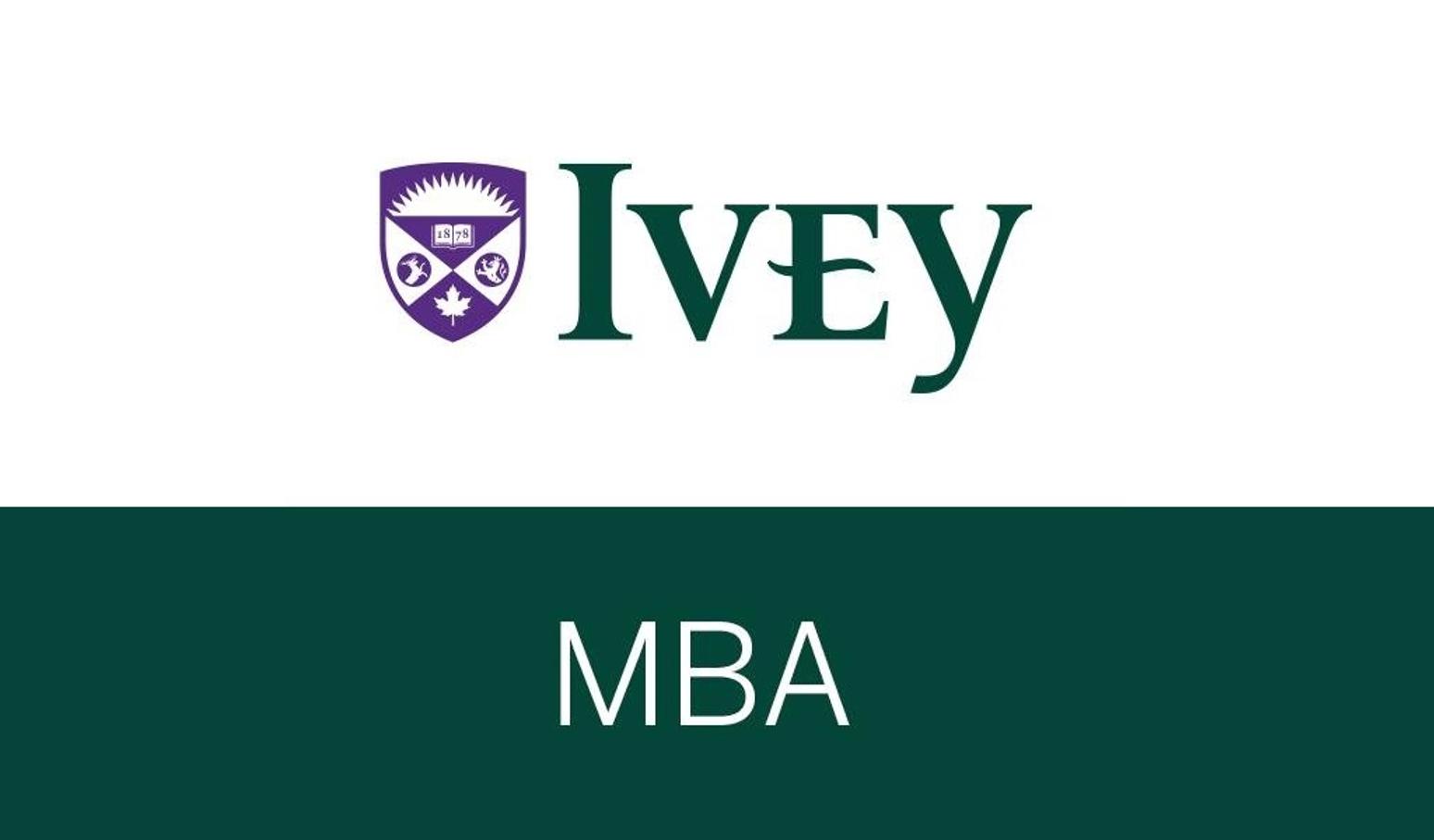Recently I was interviewed by the Globe and Mail for its Report on MBA Schools. The journalist wanted to write about foreign students studying at Canadian schools and how the schools are building passages to India.
As a student who has recently arrived from India, I was glad to tell her my story and also share my experiences so far at Ivey. One of the topics that we discussed was my reasons for choosing Ivey. I answered this question when I was writing my Ivey applications, but when I was framing my answer for the journalist, I was able to see how all those reasons have been validated by my experience here at the school.
Ivey’s case study method of teaching was one of the attractions for me and it has proved to be enriching. The beauty of the case study method is that, when I read a case, I not only learn about a new business concept, but also get to know a new company and a new industry. Coming from India, this is like a crash course into North American business. For instance, we studied a couple of strategy cases about the US and Canadian airline industry and I now know the major players, the challenges they face and the future prospects of the industry. I have got all this information, in addition to knowing about the concepts in strategy course.
The other rewarding aspect of Ivey experience is in-class participation. Unlike in many schools in India where the stream of communication flows one way, from the teacher to the student, here at Ivey all the students are expected to contribute to each other’s learning by talking in the class about our insights and experiences which are relevant to the discussion. Class contribution is very important at Ivey and I have learnt a lot from my classmates. Further, because I am expected to contribute to my colleagues’ learning, I have to work hard to prepare myself for each class and brush up my knowledge about the issues that will be discussed. This is challenging, but it has encouraged me to research business issues and enhance my learning in the process. Further, I have developed the confidence to express my views and thoughts in front of a large group, which is going to be very useful as I go forward to assume leadership positions in my work.
Lastly, the learning teams that we have at Ivey are a huge plus to the student experience. The students are assigned to groups which meet regularly to prepare together for the classes. These groups consist of students from diverse functional and industry backgrounds. Thus, when we discuss cases, we are able to draw upon each others’ strengths and experiences to better understand the cases. The softer side of this exercise is the development of interpersonal skills. By no means are these group meetings smooth sailing, but students try to utilize their teamwork capabilities to ensure that the groups are successful. By throwing the students into group situations, Ivey is trying to simulate the real world where we would be expected to work as part of teams and make those teams work. I have learnt a lot from my group members and polished my abilities to interact with diverse people, and more importantly gained valuable insights into Canadian work culture.
By no means are these the only benefits of coming to Ivey but they stand tall in front of my eyes, as I am three months into the programs. I know there are many more coming up, especially when I start participating more vigorously in the club and extracurricular activities and I hope to share those experiences at a later time.
 Raised in India, Swetha Dasari earned her degrees in Mathematics and Social Development from Delhi University in 2001 and 2004, respectively. She has three years of experience in sustainable development, Corporate Social Responsibility and two years in strategy and project management. Swetha is interested in helping companies leverage sustainability as a corporate strategy for growth and value creation. She hopes to pursue a career in management consulting with focus on strategy upon graduation from the Richard Ivey School of Business.
Raised in India, Swetha Dasari earned her degrees in Mathematics and Social Development from Delhi University in 2001 and 2004, respectively. She has three years of experience in sustainable development, Corporate Social Responsibility and two years in strategy and project management. Swetha is interested in helping companies leverage sustainability as a corporate strategy for growth and value creation. She hopes to pursue a career in management consulting with focus on strategy upon graduation from the Richard Ivey School of Business.
